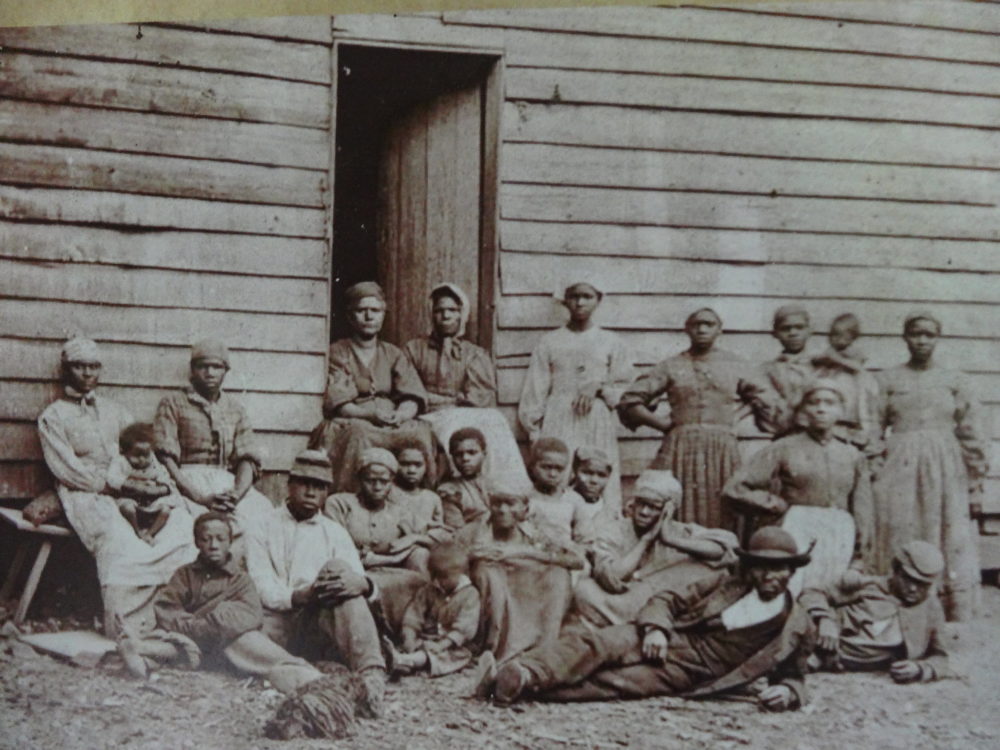International Slavery Remembrance Day: five myths about slavery

Every year on August 23 the International Day for the Remembrance of the Slave Trade and Its Abolition is recognised globally.
The day is used to draw attention to the horror of the transatlantic slave trade, its legacy and how slavery can be prevented in the present.
On 22 and 23 August 1791, enslaved people on the island of Saint Domingue (modern-day Haiti and the Dominican Republic) rose up against their French Colonial masters.
The uprising played a crucial role in the abolition of the transatlantic slave trade.
Today recognises the millions who suffered and highlights the impact on generations of Black people around the world.
Myths
On this day of remembrance, author of Slave Wales and Atlantic Slavery 1660-1850, Professor Chris Evans from University of South Wales unpacks five myths about slavery.
1. “Africans enslaved their ‘own’ people.”
They didn’t. Africans didn’t know they were African. The concept is a European importation. People
in Africa thought of themselves as belonging to distinct ethnic, linguistic, or faith communities.
Those they enslaved were outsiders, usually prisoners taken in war.
2. “Africans were helpless victims of enslavement.”
No, they weren’t. Resistance to slavery started in Africa itself (and continued in the Americas).
Communities that were vulnerable to slave raiders often relocated to places that were more easily
defended. They armed themselves. They rebelled against local elites who traded in slaves. They
repeatedly fought back.
3. “Slaves were cheap labour.”
Not true. Enslaved Africans were expensive to acquire. Europeans had to purchase them with costly
trade goods (Indian cottons, brass articles from Germany, French brandy, glassware from Bohemia,
etc.). Africans were enslaved because European labourers would not freely migrate to the
Caribbean, where plantation work was murderously gruelling. Enslaved Africans had no choice in the
matter.
4. “The British were the first to abolish the slave trade.”
They were not. The Danes abolished their slave trade in 1792, well before British abolition in 1807.
What’s more, in 1806 the Westminster parliament passed the Foreign Slave Trade Act, which
prohibited Britons from participating in the Guinea trade of other countries. Since British captains
were the foremost traffickers of that time, the British effectively abolished everyone else’s slave
trade before they abolished their own.
5. “The British were the first to abolish slavery.”
Completely untrue. The first nation to outlaw black slavery was Haiti in 1804. Thirty years would pass
before the British did the same. By then, a variety of Latin American countries had joined Haiti in
ending slavery. Chile did so in 1823, Mexico in 1829. Britain was a late comer, not a pioneer.
Support our Nation today
For the price of a cup of coffee a month you can help us create an independent, not-for-profit, national news service for the people of Wales, by the people of Wales.







Another library request…